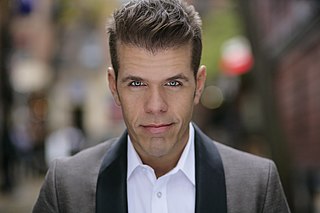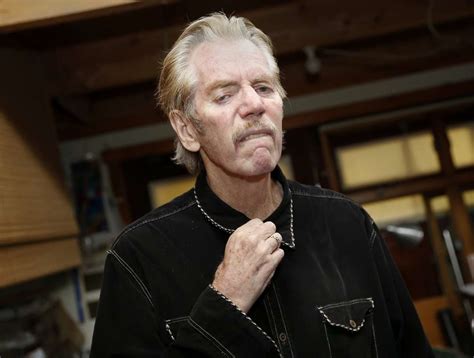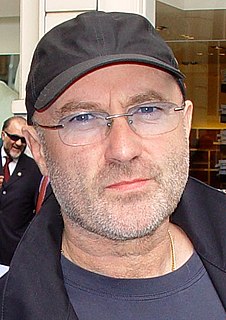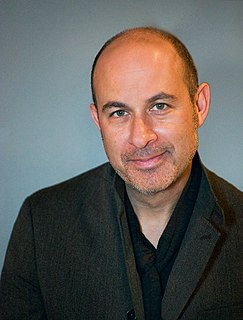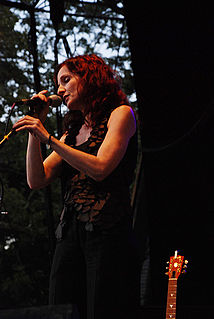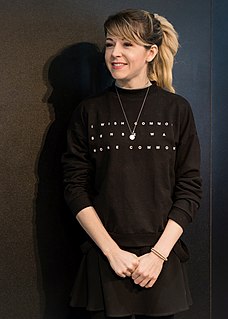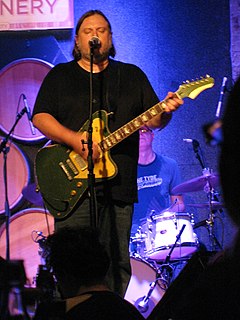A Quote by Perez Hilton
People don't know how to reach record labels, and a lot of time labels don't listen to stuff that's sent in randomly.
Related Quotes
I'm confused that there is a lack of faith in listening to and deciding what is a great song and instead going for these formulaic, bad songs over and over again. But that's what happened when people from beverage companies bought record labels and radio stations as opposed to people who love music owning record labels.
Getting signed shouldn't be the point. I made that mistake early on and I think a lot of people do. It's not something you should rush into. I think I'm actually lucky that when I went to visit labels when I was 20 years old and played and they thought I wasn't ready, it was probably a good thing because I wasn't ready. I didn't know what I was getting intoat the time. I mean, you never know exactly what you're getting into. There's a lot of stuff that's going on right now that's new to me but there's also a lot that I'm lucky to know how to handle.
There's definitely some sort of dissent brewing between record labels, publishing companies and artists [about the compensation they get from streaming services] Spotify is returning a HUGE amount of money [to the record labels]. If we continue growing at our current rate in terms of subscriptions and downloads, we'll overtake iTunes in terms of contributions to the recorded music business in under two years.
